Nigerian government has called on the United Nations to strengthen a global system for the eradication of safe havens that facilitate the flow of illicit funds from developing countries to developed countries.
Nigeria’s President, Bola Tinubu, also called for a concerted effort towards the recovery of the proceeds of corruption and illicit financial flows.
Join our WhatsApp ChannelTinubu made the call while addressing world leaders during the General Debate of the ongoing 79th Session of the United Nations General Assembly (UNGA), at the UN headquarters in New York, United States.
Tinubu, who was represented by the Vice President, Kashim Shettima, expressed concerns about the debilitating impact of corruption on global prosperity and national progress. Justifying the need for repatriation of proceeds of corruption and illicit financial flows, the Nigerian president said they “constitute a huge chunk of resources needed for sustainable development.”
He pointed out that the recovery and return of such stolen funds to countries of origin “is a fundamental principle of the United Nations Convention against Corruption.”
The Nigerian leader therefore charged the international community to adopt a more pragmatic approach to ensure that such activities does not continue at the expense of countries where such funds are coming from.
READ ALSO: Africa’s Mounting Debt Crisis And Need For The Global Financial Architecture Reform
“Therefore, the international community must promote practical measures to strengthen international cooperation to recover and return stolen assets and to eradicate safe havens that facilitate illicit flows of funds from developing countries to the developed economies,” he stated.
While highlighting the impact of the burden of unsustainable external debt on the ability of developing countries to finance critical development projects, the president reiterated the call for “special concessions and a review of their current debt burden,” of countries in the Global South, emphasising that they cannot make meaningful economic progress without such arrangement.
Addressing Climate Change
On climate change, the president said Nigeria remains committed to implementation of Sustainable Development Goals (SDG) 13 – Climate Action, including the net zero ambition and transition from fossil fuel energy to clean energy. He highlighted the efforts of his administration in that regard, such as setting up the Presidential Committee on Climate Action and Green Economy Solutions and the appointment of a Special Presidential Envoy on Climate Action.
While assuring that the country will redouble its efforts to address the challenges posed by climate change, including the urgent need to transition from fossil fuel energy, the president emphasised that the principle of Common but Differentiated Responsibilities and the relevant provisions of the Paris Climate Agreement 2015, provided that developed countries should “take the lead in the quest to achieve net zero and to offer support, including finance, to developing countries for the actualisation of the climate change goal.”
On the implementation of SDG 7- “Affordable and Clean Energy”, he said the global community must “take into account Africa’s precarious situation,” adding that “Nigeria believes that natural gas remains central to the search for solutions to the energy challenges that Africa and the international community face.”
He further stressed that access to affordable, reliable, and cleaner sources of energy is more than an environmental or developmental issue, adding that it is a key factor in social peace and international security.
He also warned against the dangers of climate change, describing it as a driver of insecurity that poses a veritable challenge to sustainable development, even as he recalled the devastating flood in Nigeria which submerged large areas of the country, including the recent one in Maiduguri in the North-east.
He urged the international community to stick to the implementation of the commitments made at the various COP meetings, pointing out that failure to do so would amount to postponing the inevitable, as no country is immune from the effects of climate change.
Victor Ezeja is a passionate journalist with seven years of experience writing on economy, politics and energy. He holds a Master's degree in Mass Communication.

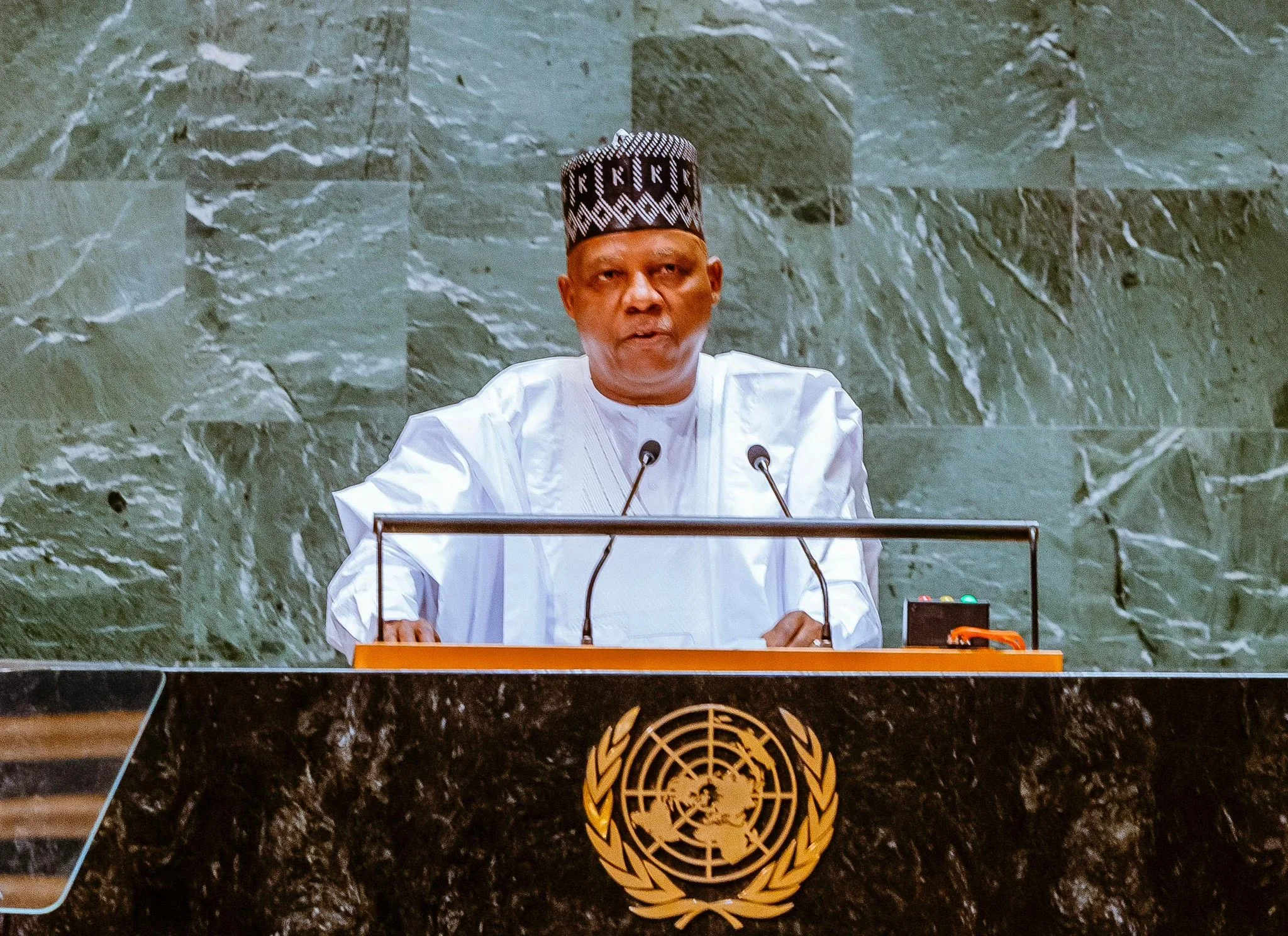



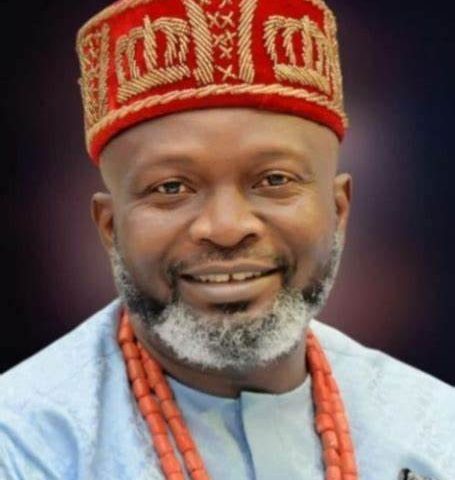
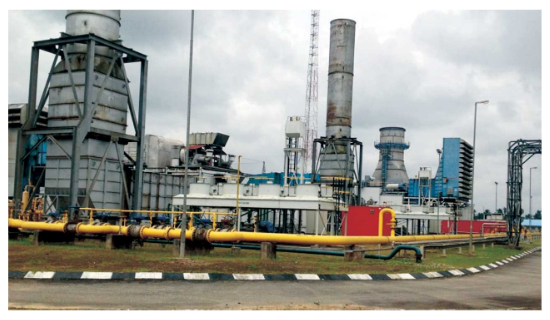









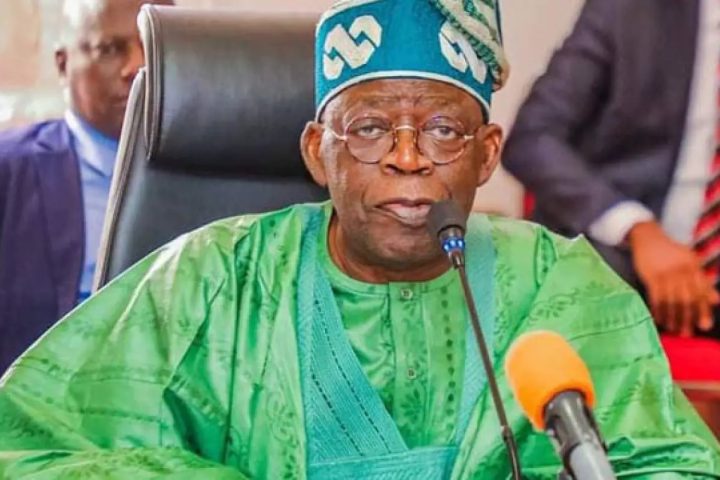
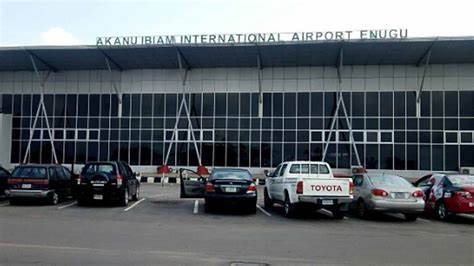

Follow Us